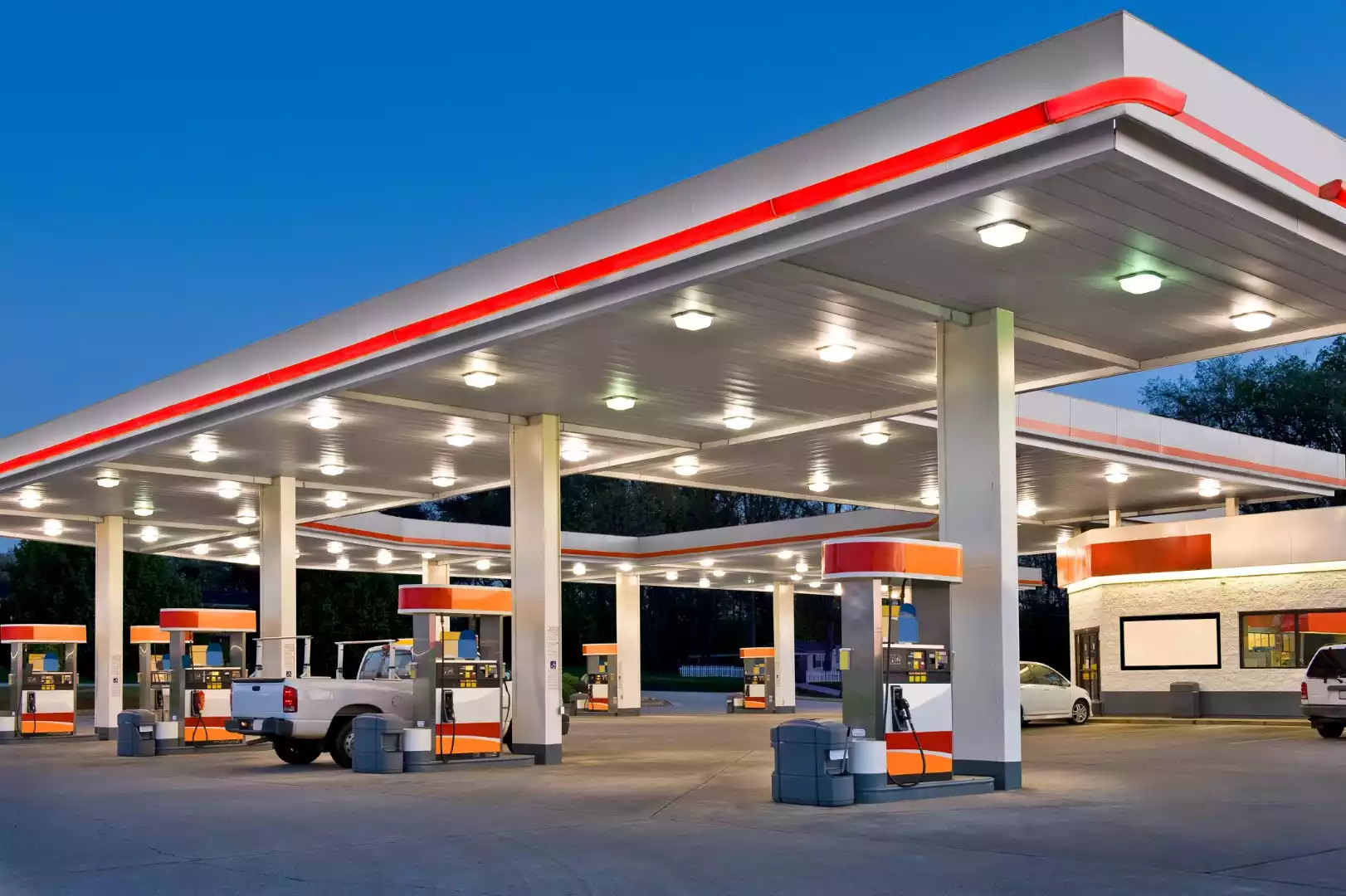Lots of research, but not yet able to test for myself so.......
Got a 2015 Trax LTZ a few months ago. 115,000 mileage range. Touch screen didn't work. Fixed with an aftermarket radio.
Vampiric draw, still there so installed a "disconnecter" on the negative battery post. AC not working, not fixed yet.
Burning oil smell when we drive more then 10 minutes. Several hose and gasket failures related to the turbo, but also the valve cover gasket. Low funds so each of these will take time, then I will test the octane for myself.
However I researched a lot since my daughter just also got a 2018 LT Trax.
Mostly from the Cruzetalks forum and other sources I came up with this.
It seems GM said 87 octane is sufficient. However, that just means sufficient so the engine will out last its warrantee.
Weather below 80 degrees octane variations are less noticeable.
Humidity ranges were mentioned but I never saw at what point humidity makes a difference.
On just mileage and power many people tested and posted results when there was a difference. Other people said they tested but saw no difference. The ones saying there was a difference often mentioned temperatures, the ones with no difference never mentioned temp/humidity.
What I took away from all the research and responses from other is this.
Above 80 degrees the 1.4 Turbo will run smoother and more effectively on 91-93 Octane. It will run OK on 87, but the higher the ambient temp, the better it will do on premium fuel. Also in climates with high humidity, like anywhere in Florida or the rest of the Gulf coast for certain in the summer the 1.4 turbo will fare better on higher octane.
There was a test by a major auto magazine whereas they had a long term test vehicle and by accident noticed a difference in desert driving. They did a follow up test and results showed a test in Death Valley of about 4350 miles on 87, and on either 91 or 93 they went over 4500 miles using almost the same amount of fuel. They calculated the actual fuel cost to be slightly less using the higher octane than the same distance with the lower octane. Their posted results were something like 87 octane gave 24.4 MPG and 91-93 gave 26.6 MPG with more power in the near 100 degree heat.
More over, this is also something my research showed. The computer systems will adjust to the octane level of the fuel you use. However the knock sensor takes more of a beating and the timing system is given more of a workout to compensate at lower octane levels then with the higher grade fuel. One of the posters also mentioned 93 with Ethanol preformed better than 91 pure gasoline. Everyone that reported results on Ethanol recommended pretty much avoiding it.
My personal conclusions without yet testing for myself are this. I may change this up once I do the tests for myself.
I will absolutely use at least 91-93 octane when the temps get above 75 degrees here in central Missouri. Until everything is fixed on this car I will just use 91-93 depending on the price difference no matter what the weather conditions are.
I look at it as an extra $1 per hundred miles of driving is sort of like insurance. No there was no solid proof that things like the knock sensor or timing system will fail sooner on lower octane, but for the peace of mind that our 1.4 is getting all the help I can give it I will do it.






